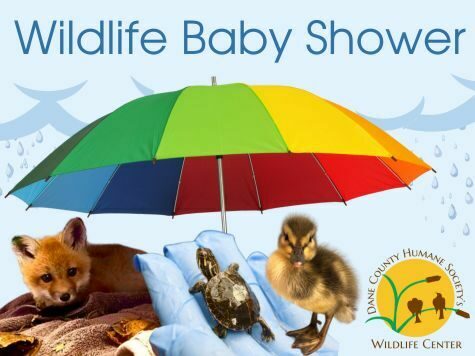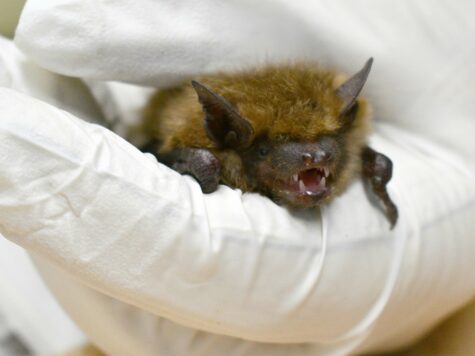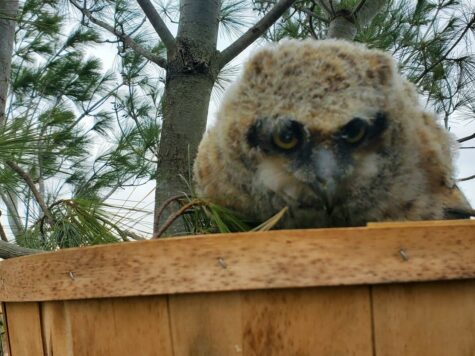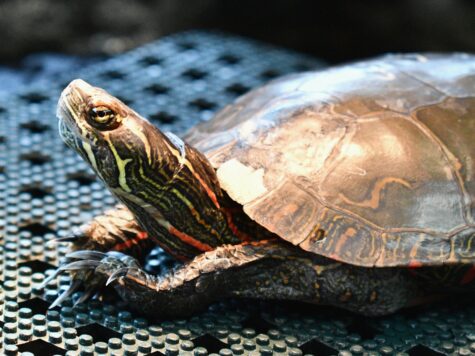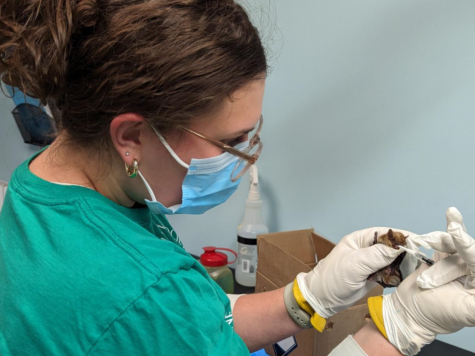Bird feeders are great for attracting feathered friends to your backyard.
However, there is concern that they may be linked to an unknown and fatal avian disease in the eastern and midwestern United States.
No Wisconsin cases have been verified, but the disease has caused either eye swelling and crusty discharge, neurological signs or both in areas such as Washington, D.C., Virginia, West Virginia, Kentucky, Ohio, Indiana, Maryland, Delaware, New Jersey and Pennsylvania.
Victims have included juvenile or fledgling blue jays, common grackles, European starlings, and American robins.
Jackie Sandberg, wildlife training supervisor at Dane County Humane Society, said wildlife rehabilitators are often on the front lines monitoring diseases that may spread to local animal populations.
“They are some of the first to receive calls or photos from the public about sick or dying birds and are therefore an important resource in the community for tracking these occurrences,” she said. “Their participation, by admitting symptomatic wildlife, reporting patients for testing, and partnering with local health agencies, is crucial towards helping ongoing research to identify host species, novel infections, or potential routes of transmission.”
Officials with the Wisconsin Department of Natural Resources recommend people remove bird feeders or bird baths if they see sick or dead birds on their property. The American Bird Conservancy, UW Fish & Wildlife Service, and the National Audubon Society recommend the public take a more proactive approach and take down their bird feeders now, even before they see evidence of the disease. In general, feeders should be cleaned regularly with 10% bleach solution to prevent the spread of any disease.
“Several wildlife laboratories, including the National Wildlife Health Center in Madison, are working to identify the cause or causes of these cases,” DNR Wildlife Veterinarian Lindsey Long said. “These symptoms can be from multiple cases, so these groups have been conducting expansive testing. As part of our continued monitoring of wildlife health, we ask Wisconsinites to report birds with swollen or scabbing eyes, so that we may investigate further.”
If you find a deceased bird, report it to your local conservation biologist or wildlife biologist. If you encounter a live bird with symptoms of the disease, call Dane County Humane Society’s Wildlife Center at (608) 287-3235.
DCHS will provide updates via Facebook and Instagram on this disease and other steps you can follow to keep it under control. Learn more about the Wildlife Center and follow their work on DCHS's Wildlife Center Facebook page.


